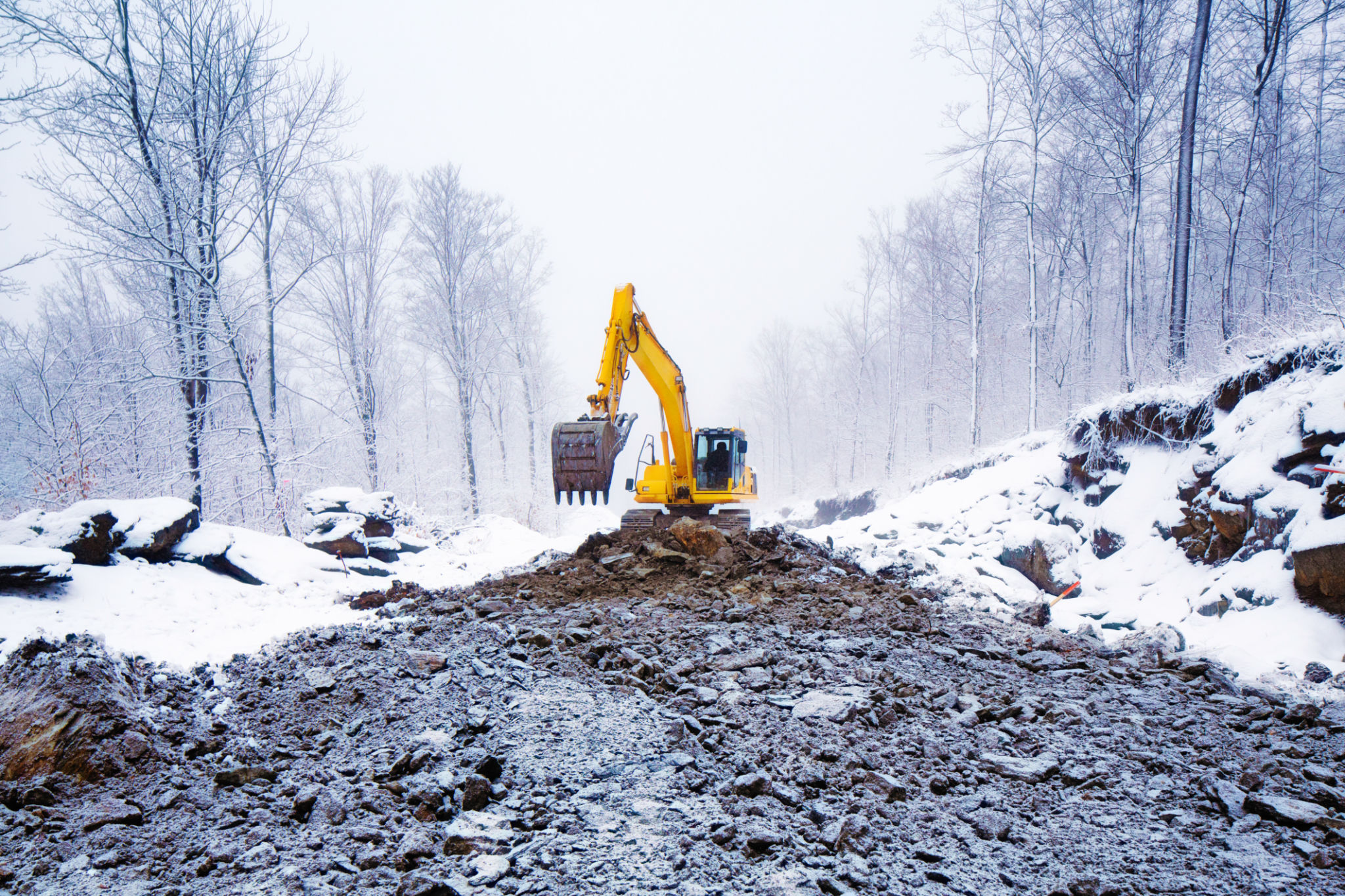The Impact of Middlesex County Weather on Residential Construction Projects
Understanding Middlesex County Weather
Middlesex County, located in the heart of New Jersey, experiences a variety of weather conditions throughout the year, which can significantly impact residential construction projects. The region is known for its hot summers, cold winters, and unpredictable weather patterns, which can pose challenges for construction timelines and budgets.
Construction projects in Middlesex County must account for these weather variations to ensure timely completion and maintain structural integrity. Understanding the typical climate conditions in this area is crucial for project planning and execution.

Seasonal Challenges in Construction
Winter Weather Impacts
The cold winter months in Middlesex County can bring snow, ice, and freezing temperatures, which can delay construction projects. Ground freezing can make it difficult to pour concrete and lay foundations, often requiring the use of specialized equipment or additives to ensure proper curing.
Additionally, heavy snowfall can halt construction work entirely, as snow removal becomes necessary. Contractors must plan for potential delays during this season and incorporate weather contingencies into their project schedules.
Summer Heat Considerations
Conversely, the hot and humid summers present their own set of challenges. High temperatures can affect workers' productivity and health, necessitating frequent breaks and hydration. Asphalt and concrete work may also be impacted, as extreme heat can lead to rapid drying and cracking.
Planning construction activities during cooler parts of the day or employing cooling techniques can help mitigate some of these effects. Proper scheduling is essential to avoid heat-related setbacks.

Adapting to Unpredictable Weather
Rain and Thunderstorms
Middlesex County also experiences occasional heavy rainfall and thunderstorms, which can disrupt outdoor construction activities. Rain can saturate the ground, leading to unstable conditions for heavy machinery and potential flooding on site.
To address these issues, contractors often implement drainage solutions and use weather-resistant materials to ensure that rain does not cause significant delays or damage. Monitoring weather forecasts closely allows for quick adjustments to work schedules when necessary.
Technological Solutions
Advancements in technology have provided new tools for managing weather-related challenges in construction. Weather tracking software and predictive analytics help contractors anticipate adverse conditions and plan accordingly.
- Using advanced weather forecasting tools.
- Implementing flexible project timelines.
- Investing in durable materials suited for local climate conditions.

Conclusion: Strategic Planning for Success
The impact of Middlesex County's weather on residential construction projects underscores the importance of strategic planning and adaptability. By understanding seasonal weather patterns and incorporating innovative solutions, contractors can minimize delays and ensure successful project completion.
Ultimately, effective management of weather challenges not only safeguards project timelines but also enhances the quality and longevity of the structures being built. For developers and contractors in Middlesex County, being weather-wise is not just an advantage—it's a necessity.
